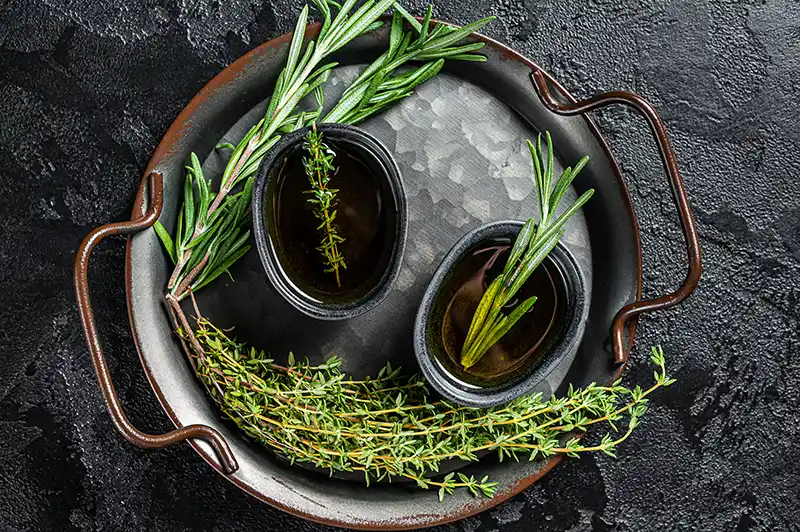Extra virgin olive oil is the highest quality and most prized grade of olive oil. It is known for its superior flavor, aroma, and health benefits. Here are some key characteristics of extra virgin olive oil:
- Extraction Process: Extra virgin olive oil is obtained solely through mechanical processes, such as cold pressing or centrifugation, without the use of heat or chemical solvents. This gentle extraction method helps preserve the natural flavors, aromas, and beneficial compounds of the olives.
- Acidity Level: Extra virgin olive oil has a very low acidity level, typically below 0.8%. The acidity level refers to the percentage of free fatty acids in the oil. Lower acidity levels indicate a higher quality oil.
- Taste and Aroma: Extra virgin olive oil offers a distinct and complex flavor profile. It often has a fruity, grassy, or herbal taste, with varying degrees of bitterness and pepperiness. The aroma can be described as fresh, green, or reminiscent of ripe olives.
- Health Benefits: Extra virgin olive oil is rich in monounsaturated fats, particularly oleic acid, which is associated with numerous health benefits. It is also a good source of antioxidants, including vitamin E and polyphenols, which have been linked to anti-inflammatory and heartprotective effects.
- Storage and Shelf Life: Extra virgin olive oil should be stored properly in a cool, dark place to protect it from light, heat, and air exposure, which can cause oxidation and deterioration of its quality. When stored correctly, it can have a relatively long shelf life, although it is best consumed within a year or two to fully enjoy its fresh flavors.
Extra virgin olive oil is highly regarded for its culinary uses, such as drizzling over salads, vegetables, or grilled meats, and for adding flavor to various dishes. It is also commonly used in dressings, marinades, and dips. Due to its exceptional quality, extra virgin olive oil is generally more expensive than other grades of olive oil.
